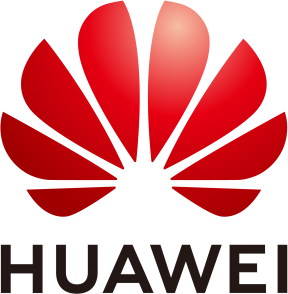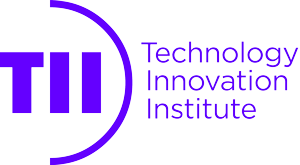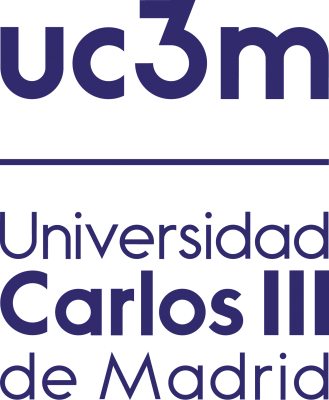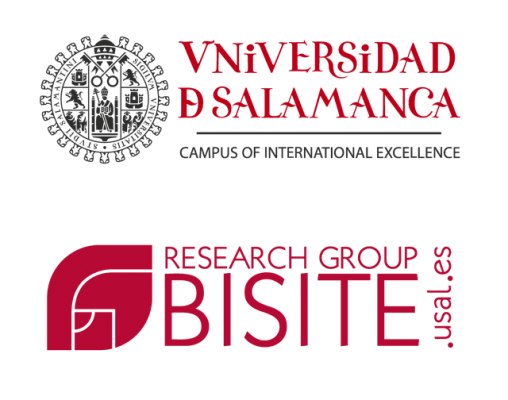General Chairs:
- Peiying Zhu, Huawei technologies, Canada
- Kai-Kit Wong, University College London, UK
- Inkyu Lee, Korea University, Korea
- Shaobo Wang, Huawei Technologies, China
Invited Speakers:
- Kai-Kit Wong, University College London, UK
TPC members:
- Michalis Matthaiou, Queen’s University Belfast, UK
- Runhua Chen, CATT, China
- Nir Shlezinger, Ben-Gurion University of the Negev, Israel
- Osvaldo Simeone, King's College London, UK
- Jian Song, Tsinghua University, China
- Yongming Huang, Southeast University, China
- Wibowo Hardjawana, The University of Sydney, Australia
- Moon-il Lee, InterDigital, Inc., US
- Jiyong Pang, Huawei Technologies, China
- Hongzhi Chen, University of Surrey, UK
Contact: Jiyong Pang, Huawei Technologies, China
Biographies of the organizers:
Dr. Peiying Zhu, Senior Vice President of Wireless Research, is a Huawei Fellow, IEEE Fellow and Fellow of Canadian Academy of Engineering. She is currently leading 5G and beyond wireless research and standardization in Huawei. The focus of her research is advanced radio access technologies. She is actively involved in 3GPP and IEEE 802 standards development. She has been regularly giving talks and panel discussions on 5G vision and enabling technologies. She led the team to contribute significantly to 5G technologies. Prior to joining Huawei in 2009, Peiying was a Nortel Fellow and Director of Advanced Wireless Access Technology in the Nortel Wireless Technology Lab. She led the team and pioneered research and prototyping on MIMO-OFDM and Multi-hop relay. Many of these technologies developed by the team have been adopted into LTE standards and 4G products. Dr. Zhu has more than 200 granted patents. Peiying Zhu received the Master of Science degree and Doctorate Degree from Southeast University and Concordia University in 1985 and 1993, respectively.
Prof. Kai-Kit Wong received the BEng, the MPhil, and the PhD degrees, all in Electrical and Electronic Engineering, from the Hong Kong University of Science and Technology (HKUST), Hong Kong, in 1996, 1998, and 2001, respectively. His PhD thesis was on multiuser MIMO wireless communications, supervised by Professor Ross Murch (Primary Supervisor) and Professor Khaled Ben Letaief (Co-Supervisor). After graduation, he joined the Department of Electrical and Electronic Engineering, the University of Hong Kong as a Research Assistant Professor, working closely with Professor Tung-Sang Ng. From July 2003 to December 2003, he visited the Wireless Communications Research Department of Lucent Technologies, Bell-Labs, Holmdel, NJ, U.S., to study the optimization in broadcast MIMO channels, under the supervision of Dr. G. J. Foschini and Dr. R. Valenzuela. After that, he then joined the Smart Antennas Research Group of Stanford University as Visiting Assistant Professor conducting research on overloaded MIMO signal processing, under the supervision of Professor Arogyaswami Paulraj. From 2005 to August 2006, he was with the Department of Engineering, the University of Hull, U.K., as Communications Lecturer. Since August 2006, he has been with University College London, first at Adastral Park Campus and at present the Department of Electronic and Electrical Engineering, where he is Professor of Wireless Communications. Professor Wong is Fellow of IEEE and Fellow of IET. He is Editor-in-Chief for the IEEE Wireless Communications Letters and the Subject Editor-in-Chief for IET Electronics Letters - Wireless Communications. He also served as Senior Editor for IEEE Communications Letters from 2012-2019, Editor for IEEE ComSoc/KICS Journal of Communications and Networks from 2010-2017, IET Communications from 2009-2016, IEEE Transactions on Wireless Communications from 2005-2011 and IEEE Signal Processing Letters from 2009-2012.
Prof. Inkyu Lee (S'92–M'95–SM]01–F]16) received the B.S. (Hons.) degree in control and instrumentation engineering from Seoul National University, Seoul, South Korea, in 1990, and the M.S. and Ph.D. degrees in electrical engineering from Stanford University, Stanford, CA, USA, in 1992 and 1995, respectively. From 1995 to 2001, he was a Member of the Technical Staff with Bell Laboratories, Lucent Technologies, where he studied high-speed wireless system designs. From 2001 to 2002, he was a Distinguished Member of the Technical Staff with Agere Systems (formerly the Microelectronics Group, Lucent Technologies), Murray Hill, NJ, USA. Since 2002, he has been with Korea University, Seoul, South Korea, where he is currently a Department Head of the School of Electrical Engineering. In 2009, he was a Visiting Professor with the University of Southern California, Los Angeles, CA. He has authored or coauthored more than 180 journal papers in IEEE publications and has 30 U.S. patents granted or pending. His research interests include digital communications, signal processing, and coding techniques applied for next-generation wireless systems. Dr. Lee has served as an Associate Editor for the IEEE Transactions on Communications from 2001 to 2011 and the IEEE Transactions on Wireless Communications from 2007 to 2011. In addition, he was a Chief Guest Editor for the IEEE Journal on Selected Areas in Communications (Special Issue on 4G Wireless Systems) in 2006. He currently serves as a Co-Editor-in-Chief for the Journal of Communications and Networks. He was a recipient of the IT Young Engineer Award at the IEEE/IEEK Joint Award in 2006 and of the Best Paper Award at the Asia-Pacific Conference on Communications in 2006, the IEEE Vehicular Technology Conference in 2009, and the IEEE International Symposium on Intelligent Signal Processing and Communication Systems in 2013. He was also a recipient of the Best Research Award from the Korean Institute of Communications and Information Sciences (KICS) in 2011, the Best Young Engineer Award from the National Academy of Engineering in Korea in 2013, and the Korea Engineering Award from the National Research Foundation of Korea in 2017. He has been elected as a member of National Academy of Engineering in Korea in 2015, and is an IEEE Distinguished Lecturer. (Based on document published on 11 November 2019).
Mr. Shaobo Wang is a senior research expert in the field of wireless communication air interface system. He joined Huawei after graduating from Zhejiang University in 2000. From 2000 to 2008, he was responsible for the design of baseband receiver algorithms for the 3G UTMS system. From 2008, he led the R&D work of physical-layer and low-MAC algorithms in GSM, UMTS, LTE, and 5G NR systems, laying a foundation for the competitiveness of Huawei's network products. Since 2017, he has been engaged in leading the research of key 5G air interface technologies in fields such as coding, modulation, waveform, multiple access, multiple antennas, and RAN network architecture, as well as exploring new 5G-evolved air interface technologies such as eMBB, uRLLC, mMTC, and AI communication.





















